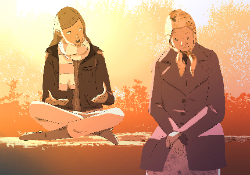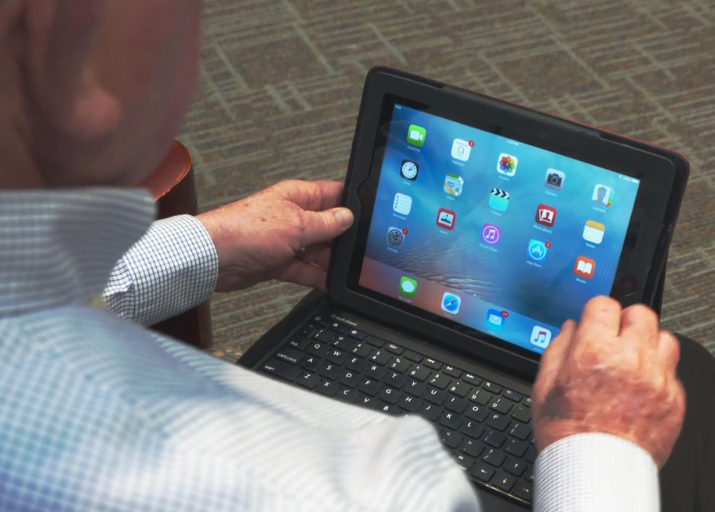A MUM died after contracting a rare form of dementia from her own baby.
Her son had inherited the condition from his father, caused by a mutant gene that makes the brain produce deformed toxic proteins that progressively destroy its cells.
The woman is thought to have caught the disease when toxic cells from her son entered her system through the placenta
The woman’s husband died from the disease two decades ago and now her son, 53, has fallen ill with the same condition.
But his wife, who genes were clear of the genetic mutation, also died from the disease, according to The Times.
The woman, who was in her seventies when she died, was diagnosed with sporadic Creutzfeldt-Jakob disease before medics linked the condition with her son.
It wasn’t until her son’s diagnosis they realised she contracted the usually inherited condition when she was pregnant.
Ausrine Areskeviciute, a researcher at the Danish Reference Centre for Prion Diseases in Copenhagen University Hospital, said: “We already know that when a woman is pregnant cells from the baby travel across the placenta and travel around her body, lodging in various organs.
“However, in this case the foetus carried the mutation for the misfolded proteins, and its cells may also have had misfolded proteins when they got into the mother’s body, triggering the process that led to her death years later.”
Read the full article here: https://www.businesstelegraph.co.uk/mum-dies-after-catching-a-rare-form-of-dementia-from-her-baby/
Like this:
Like Loading...





